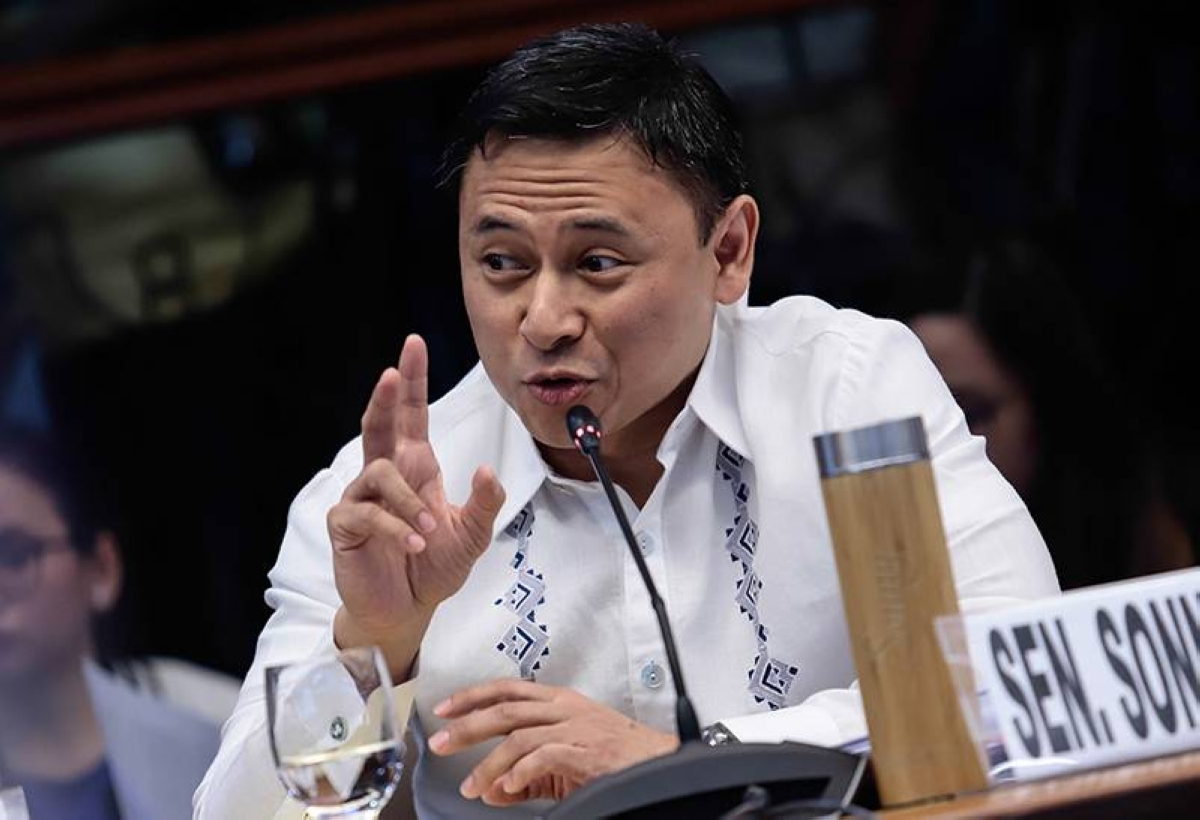The Joint Foreign Chambers (JFC) in the Philippines, representing over 3,000 firms, is set to share its position on the proposal to amend the 1987 Constitution. As the Senate continues to hold hearings on the issue, the JFC, a coalition of the American, Australian-New Zealand, Canadian, European, Japanese, and Korean chambers in the Philippines, along with the Philippine Association of Multinational Companies Headquarters Inc., is voicing the concerns and perspectives of companies engaged in trade and investment.
On Monday, Sen. Juan Edgardo “Sonny” Angara, chairman of the Senate Subcommittee on Constitutional Amendments and Revision of Codes, will resume the public hearing on Resolution of Both Houses (RBH) 6. This resolution aims to amend the supposed “restrictive” economic provisions of the Constitution. Sen. Angara encourages the public to listen to the hearings to gain a better understanding of the proposed amendments and their potential impact on future plebiscites.
One of the advantages of these transparent hearings and the overall process is that they allow for the opinions of legal and economic experts to be heard. This, in turn, helps voters form their own views on the need to amend the Constitution. The upcoming hearing on February 12 will feature retired chief justice Reynato Puno, retired justice Antonio Carpio, political analyst Clarita Carlos, and the Makati Business Club, among others.
Sen. Maria Lourdes Nancy Binay, on the other hand, cautions that the proposed amendments to the economic provisions are not a magic solution to the problems facing the country. In a radio interview, she questions whether these amendments will genuinely lead to lower prices of basic commodities. Binay emphasizes the importance of managing public expectations and urges lawmakers and the public to listen to all perspectives before making any decisions regarding the proposed constitutional amendments.
Binay highlights one of the systemic challenges in the country, which is the lack of consistency in electricity policies. She argues that this issue needs to be addressed through legislation, as it affects the stability and predictability of the energy sector and, consequently, the business environment. Binay also raises concerns about the feasibility of investing in a country where policies can change every six years.
Sen. Angara believes that the public debates on Charter change (Cha-cha) will help voters familiarize themselves with the pros and cons of amending the economic provisions of the Constitution. He emphasizes that voters have the opportunity to inform lawmakers about their concerns and what they would like to know. Angara maintains his position that the plebiscite could be held together with the 2025 national and local elections, as he has faith in the ability of voters to discern the advantages of changes in the Constitution while choosing their next leaders.
In conclusion, the JFC’s stand on the proposed constitutional amendments is an important contribution to the ongoing discussions. The hearings provide an opportunity for experts and the public to voice their perspectives and concerns. It is crucial for voters to have access to all relevant information and to engage in informed discussions before making decisions regarding the future of the Constitution.







